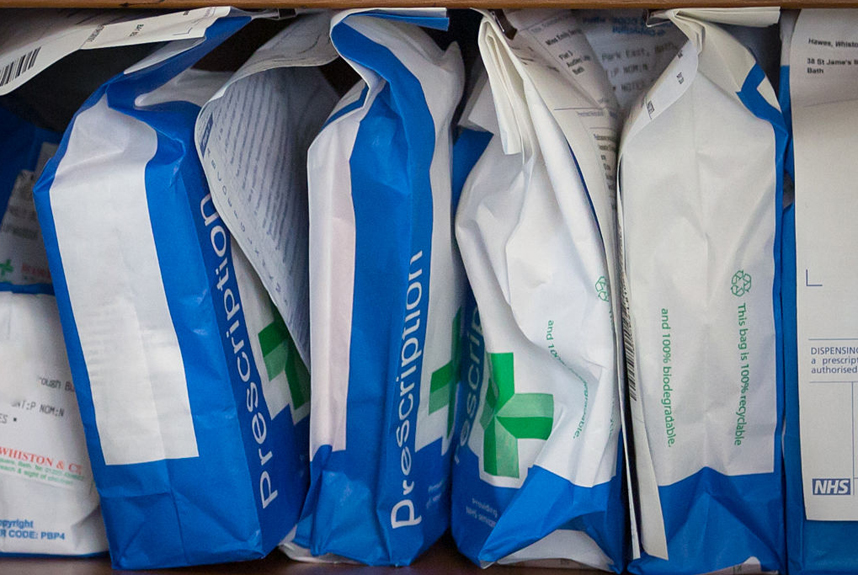Northerner
Admin (Retired)
- Relationship to Diabetes
- Type 1
A government-commissioned review led by chief pharmaceutical officer Dr Keith Ridge found that 'it is possible that at least 10% of the total number of prescription items in primary care need not have been issued'.
Reductions in prescribing of antibiotics over recent years and work to tackle overprescribing in care homes suggested that 'a reduction in the volume of prescription items in primary care of 10% is realistic' - equivalent to around 110m items a year, the review said.
The review highlighted a sharp rise in overall prescription items issued in primary and community care in recent decades, rising from 10 per head in 1996 to 20 per head in 2016. It said numbers of patients on multiple medications had also risen markedly - with 15% of the population now taking five or more medicines daily, and 7% taking eight or more medicines daily.

 www.gponline.com
www.gponline.com
(free registration)
Reductions in prescribing of antibiotics over recent years and work to tackle overprescribing in care homes suggested that 'a reduction in the volume of prescription items in primary care of 10% is realistic' - equivalent to around 110m items a year, the review said.
The review highlighted a sharp rise in overall prescription items issued in primary and community care in recent decades, rising from 10 per head in 1996 to 20 per head in 2016. It said numbers of patients on multiple medications had also risen markedly - with 15% of the population now taking five or more medicines daily, and 7% taking eight or more medicines daily.
NHS prescribing
Overprescribing is 'rarely the result of a faulty diagnosis', the review said, with the scale of the problem linked to 'weaknesses in the healthcare system and culture, not the skills or dedication of individual healthcare professionals'.
Repeat prescribing and SMR overhaul as review finds one in 10 scrips unnecessary
Repeat prescribing and use of structured medication reviews in general practice are to be overhauled after a review found one in 10 prescription items issued in primary care may be unnecessary.
(free registration)

